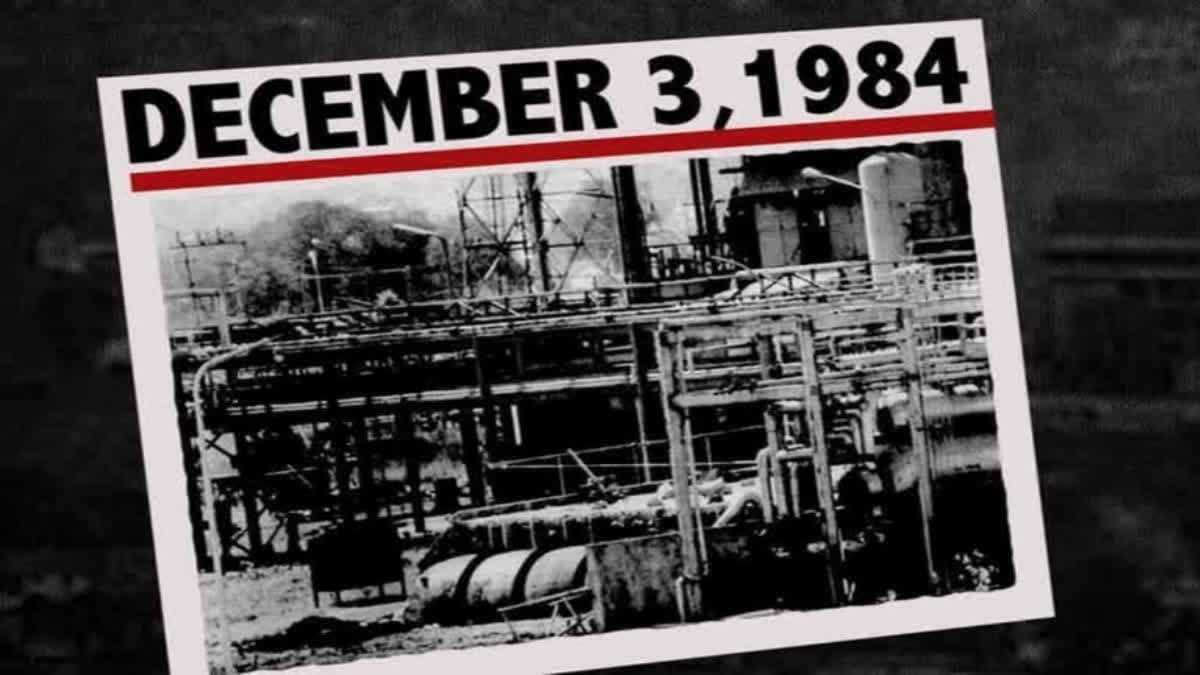Bhopal: Seventeen years after the Bhopal gas tragdy struck exposing the Madhya Pradesh capital to the worst industrial disaster, justice still awaits the survivors and kin of deceased people.
A Bhopal court on Saturday posted for January 6 the hearing on several petitions, including that of the CBI, seeking that Dow Chemical be tried for the 1984 gas tragedy. Dow Chemical, headquartered in Michigan in the United States of America, had bought Union Carbide, a leak from whose facility in Bhopal in the intervening night of December 2 and 3 that year killed several thousand people.
Judicial Magistrate First Class Vidhan Maheshwari on Saturday adjourned the hearing until January 6 after the American multinational corporation contended the case does not fall under the jurisdiction of the Bhopal court that served show cause notice to it on the plea of the petitioners.
The petitioners, however, have asserted the Madhya Pradesh High Court had decided the issue of jurisdiction in 2012, and, thus, Dow Chemical, should be made an accused in the case, Avi Singh, a lawyer representing organisations working for the gas tragedy victims, told PTI.
Lawyers led by Supreme Court senior advocate and former advocate general of Chhattisgarh Ravindra Shrivastava and Sandeep Gupta put forth the company's side.
A lawyer representing Dow Chemical said the case does not fall under the jurisdiction of the Bhopal court given that the multinational firm was governed by international law.
'We also submitted before the court that the jurisdiction issue has not been settled by the High Court,' he added. In their pleas, the Central Bureau of Investigation, the Bhopal Group for Information and Action and other organisations argued that since Dow Chemical owns Union Carbide, it should be made an accused in the criminal case.
How it happened?
On the night of December 2, 1984, an accident at the Union Carbide pesticide plant in Bhopal released at least 30 tons of a highly toxic gas called methyl isocyanate and a number of other poisonous gases.
More than 600,000 people living in the periphery of the plant were exposed to the deadly gas cloud that night. The gases stayed low to the ground, causing victims throats and eyes to burn, causing nausea and several deaths. Estimates of the death toll vary from as few as 3,800 to as many as 16,000, but government figures now refer to an estimate of 15,000 killed over the years.
Read more:
1) Bhopal gas tragedy: 10 women survivors end fast after getting assurances from govt



